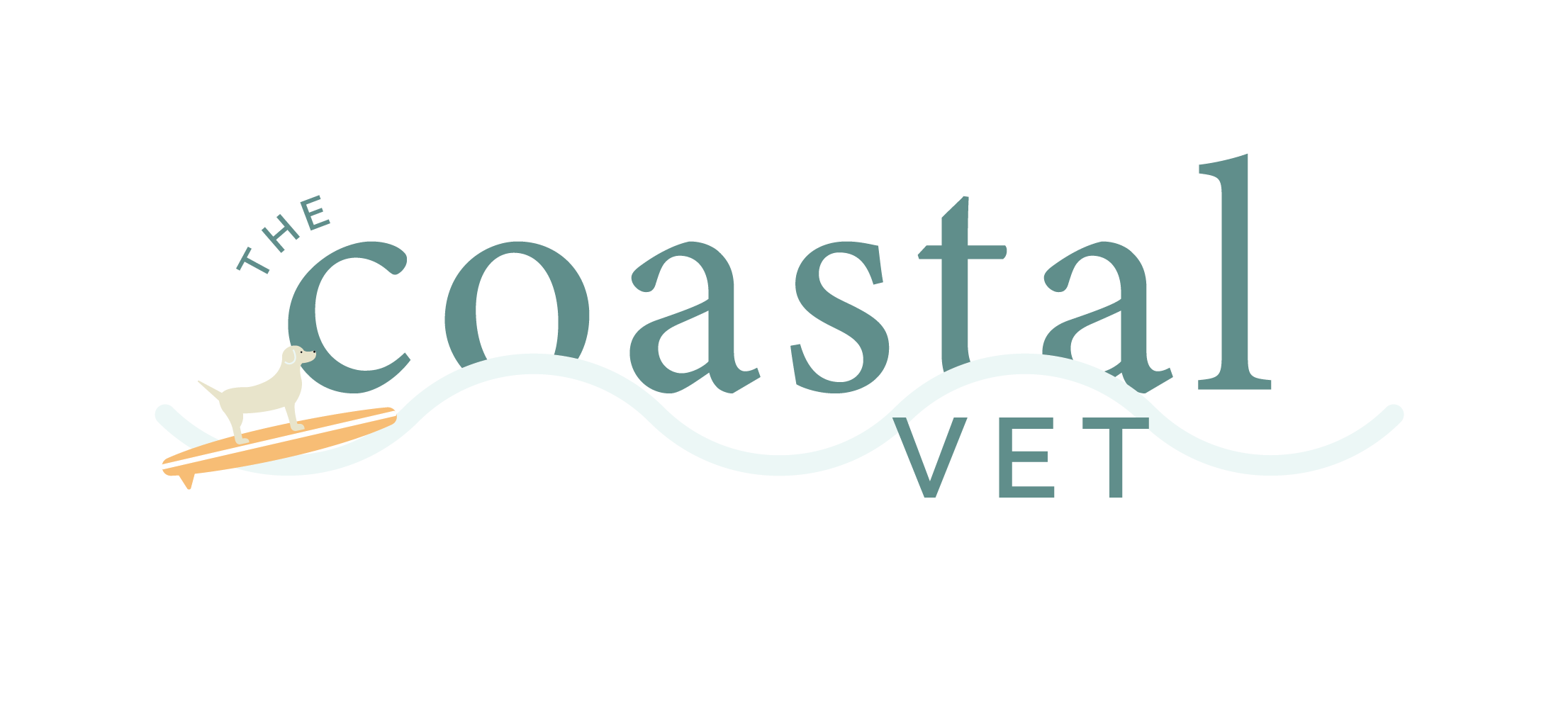- You have to set boundaries. After only 5 years in practice I was facing burnout. I was giving too much of myself to my job and not enough to myself and my family. It was affecting me physically. I was forced to make a change in my career path and lifestyle change as well. I am now a relief veterinarian and am my own boss and set my own rules. I take a lunch everyday, finish my charts before the end of the day (when possible), delegate callbacks and other tasks to my VERY capable technicians, drink water and eat healthy and most of all leave drama at the door.
- It’s okay to say “I don’t know”. Our clients are researching everything before they get to us and sometimes even in the exam room with us. There is a ton of misinformation out there and it is our job to educate our clients and give them good tools for research if they want it. But there are times that we, as veterinarians, just don’t know what’s wrong despite having all the diagnostics. It is okay to answer clients concerns with “I don’t know but I will find out.” We have specialists, textbooks and online veterinary communities we can reference and find that answer for them or refer them.
- You need a mentor. It might have been years since you last saw them in person or you might work with them everyday, but having an “older and wiser” veterinarian that took you under their wing years ago is invaluable. Everyone’s path in vet med is different and can give you new perspective on life, relationships, work, difficult cases and so much more. Give them a call, text or email today. Even if just to say hi and thank you. Thank you, Shannon and Daniel!
- Vet medicine is changing fast! There are new advancements in human medicine everyday and we are using a lot of them in veterinary medicine (a lot of times we are the innovators). Our goal is to offer the best and most comprehensive tests and treatments for our patients to keep them healthy. But it can be difficult to get pet owners on board. We have to keep up with our continuing education so we can offer these technologies to our patients in everyday practice. Attending annual veterinary conferences can also give us a much needed break from work and excuse to have fun with colleagues as well!
- Difficult cases with bad outcomes are going to happen. We can do everything perfectly and offer the best, but sometimes things go wrong, the patient’s condition was too advanced at diagnosis, funds run out or clients don’t want to go for the best treatment. Whatever it is, these cases hurt and stay with you. We have to turn them into learning opportunities and make sure we are a better doctor because of them.
- Take Vacation! It can be hard to find the time or maybe you don’t have a lot of time off (that’s a whole other blog topic) or you are worried about being able to afford a vacation due to your debt. Improved productivity, lower stress and better mental health are all benefits consistently shown in research associated with vacation time. So even if it’s a staycation or a extravagant anniversary trip to a tropical beach, book it and leave the office behind!!
- Veterinary technicians and assistants are underpaid and under appreciated. Most licensed veterinary technicians do not make more than $30,000 a year! Let that sink in… They go to school for 2 or more years, take a licensing exam, work long hours with potentially dangerous patients all while wearing many hats (phlebotomist, lab tech, anesthetist, dental hygienist, educator, shoulder to cry on, the list goes on). As a relief veterinarian going to new clinics regularly I rely heavily on my support staff. They are my right hand and help me stay on schedule and find all the things! I love my techs! Give them the respect they deserve and tell them Thank you!
- Give back! Whether it’s locally or to your university or with a rescue, take time to give back to your veterinary community. It can be monetary or tangible goods and services. We need to support each other and help educate pet owners about our profession.
- Be a patient advocate. This applies to your patients by offering appropriate pain control and reducing stress during office visits and hospitalization. This can include keeping owners updated as much as possible and making sure owners understand what is going on. Being an advocate can also apply to yourself or loved ones when faced with personal medical conditions. Ask all the questions, get all the test results and make sure your M.D. understands that you are in the medical field. This was the best thing I was able to do for my Dad during his cancer treatment and ultimate decline.
- Veterinary medicine is still rewarding. In recent years there are more and more reports of burnout, compassion fatigue, suicide, and veterinarians leaving the profession. While all these are true, for me and many other vets in practice, caring for our furry and scaly patients still gives us great joy! Helping our pets feel better and prevent disease while educating pet owners is the reason I chose this career. It is still relevant and still makes me happy to do what I love!!




